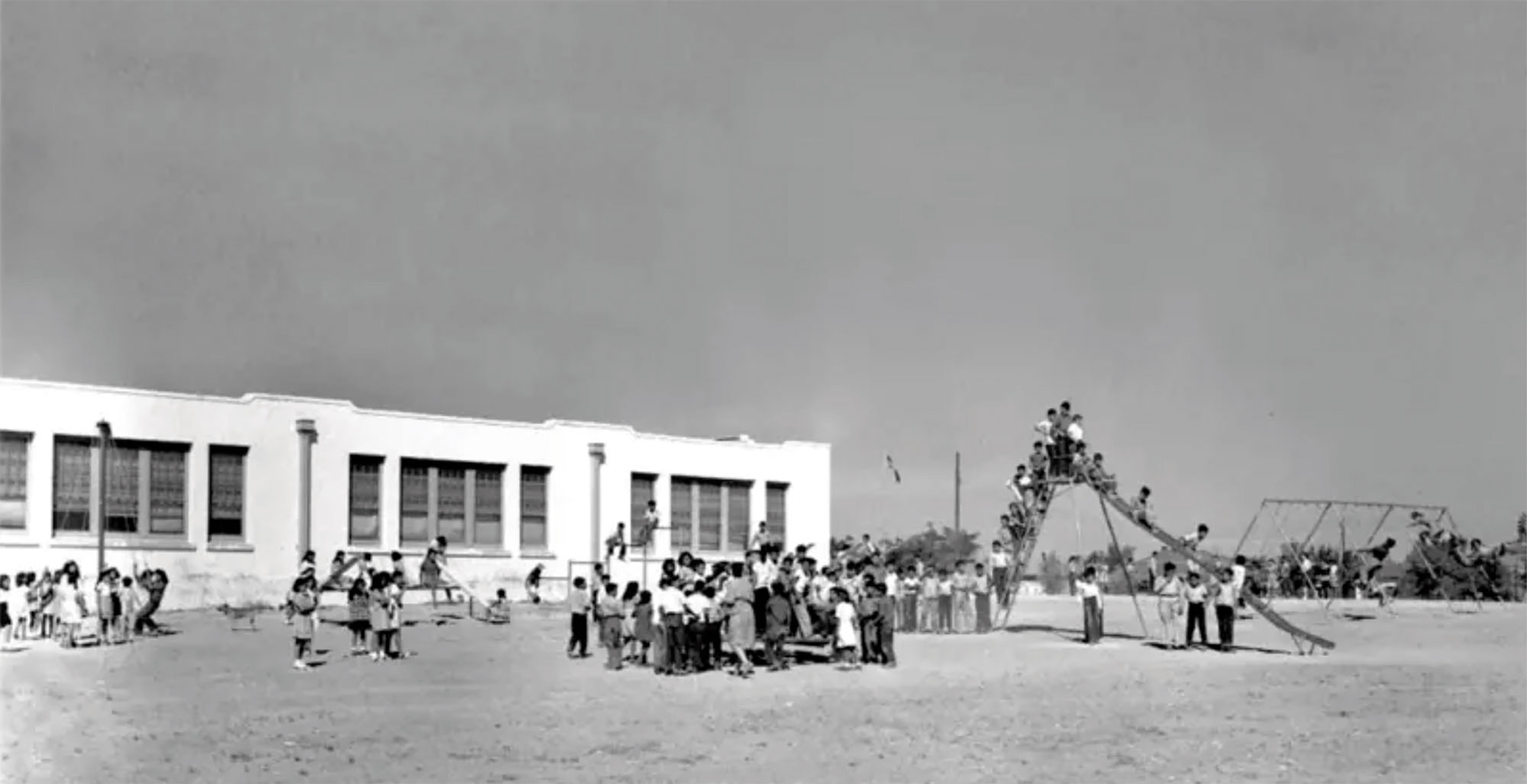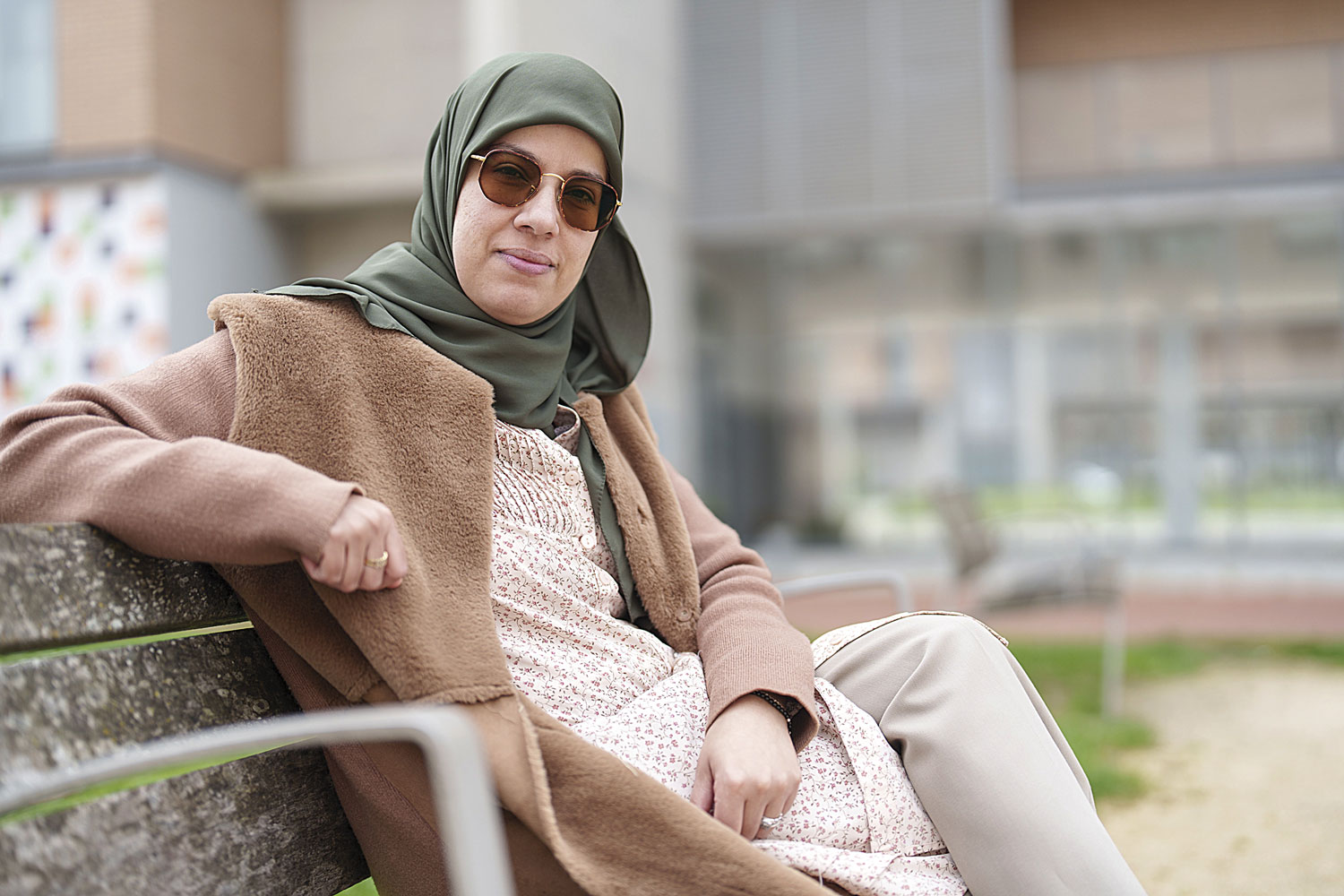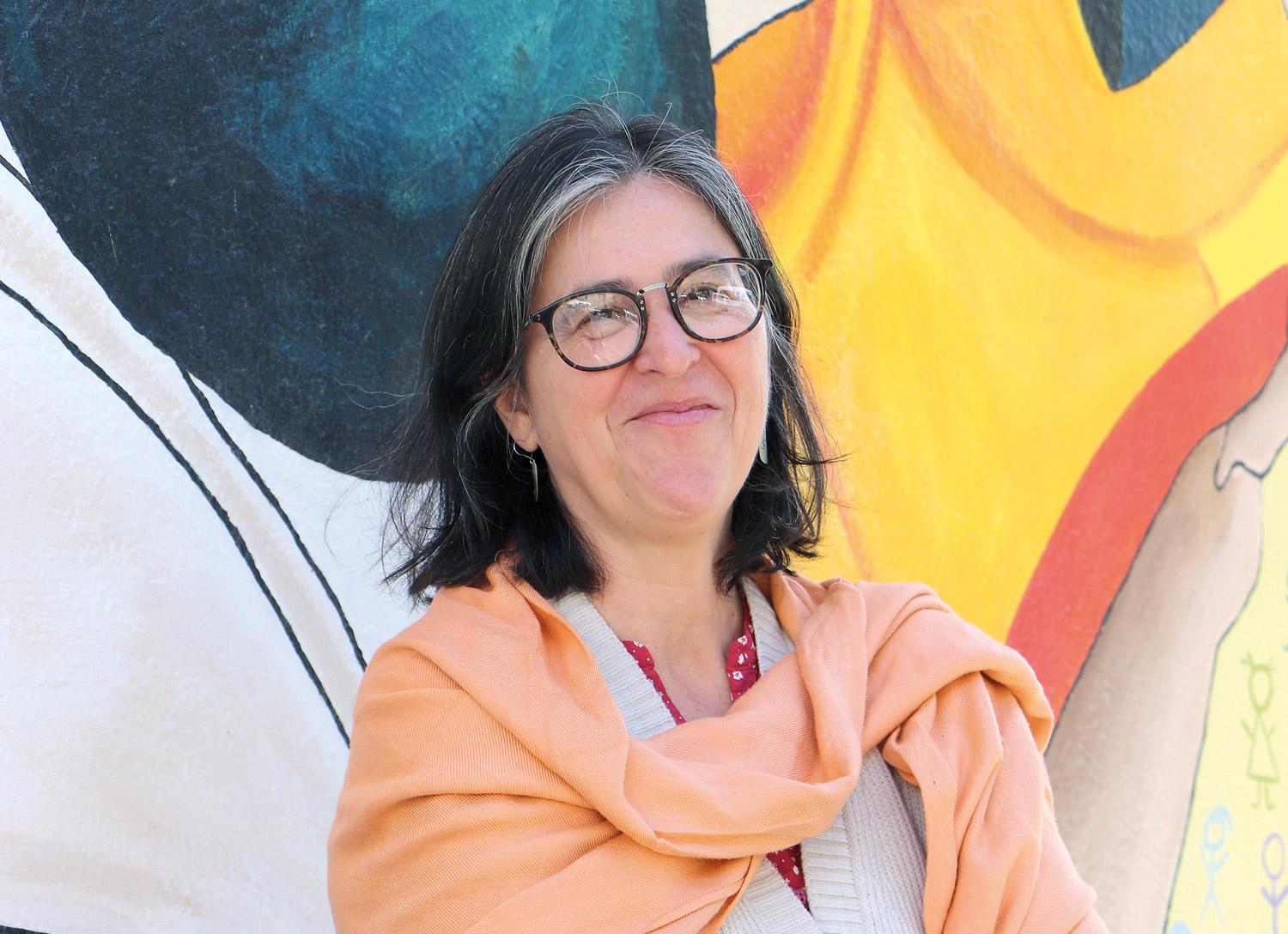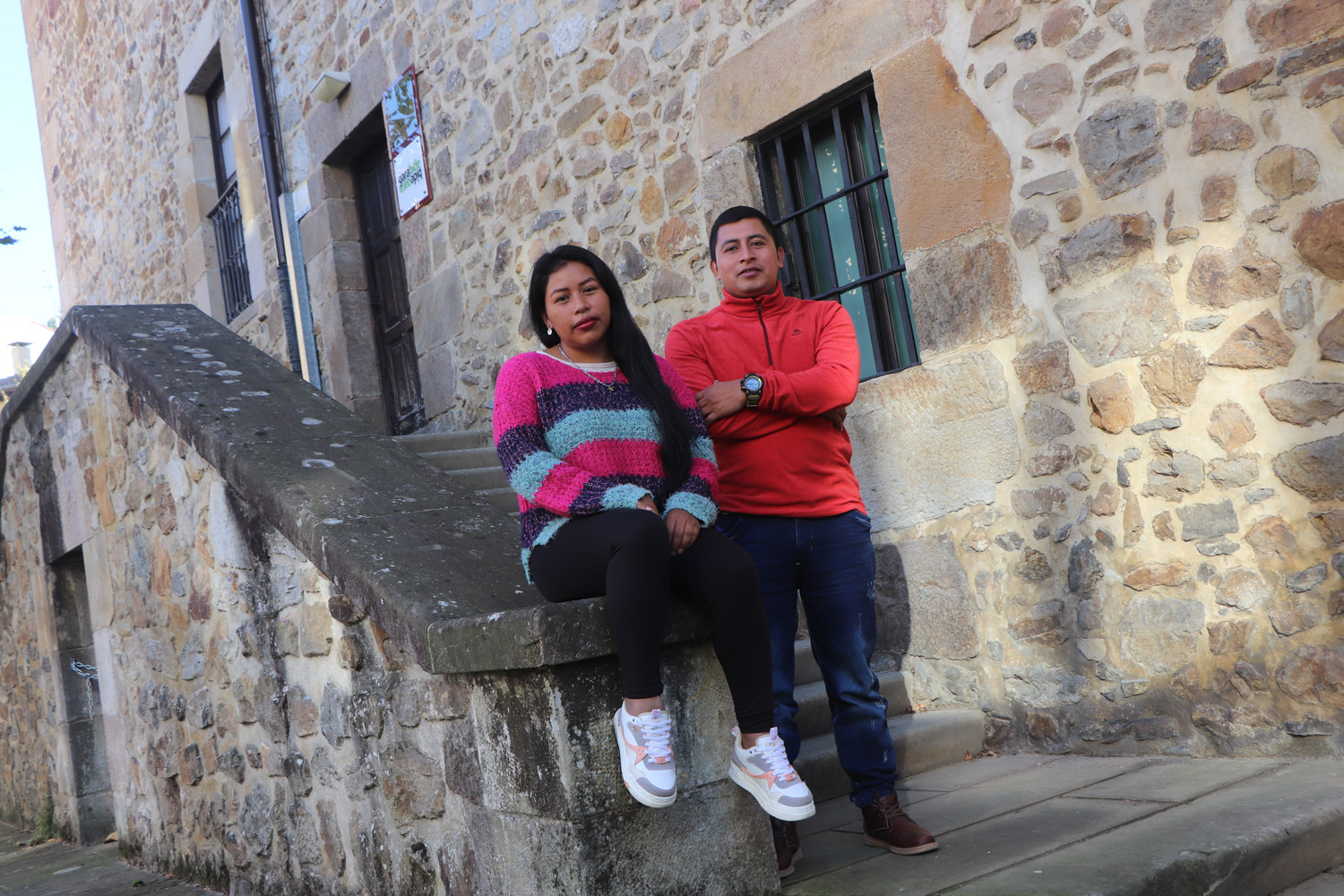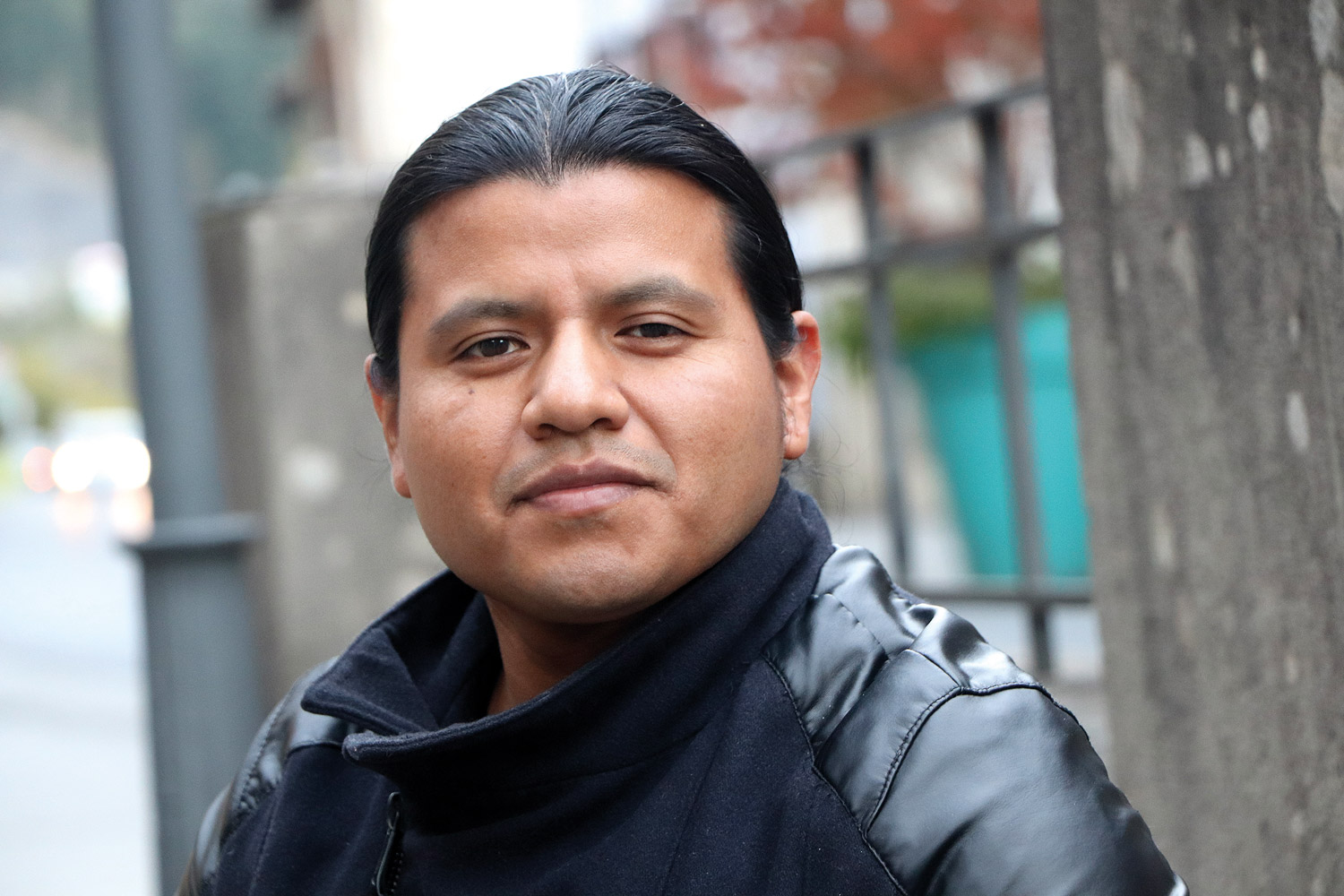Headings of a manifesto
- The journalist Yasnaya Elena Aguilar recently presented in Euskal Herria the new edition of the book Ää: manifestos sobre la diversity linguistica, and of the substantial talk she offered at the event I want to bring five headlines so that the passion for reading the book awakens in you.

First, it made clear the framework: In Mexico there are twelve language families, including eleven families of indigenous languages and the only Indo-European; however, the hegemonic is one of the languages of the Indo-European family imposed by the colony. Later, he recalled that when the Mexican state was created, 70% of the population was a speaker of an indigenous language, compared to 6.1% today. Therefore, in addition to colonialism, it had much to accuse the state of linguistic oppression. From an economic point of view, he said that for his stupor, "it is more costly to fight the multilingual reality than to integrate. He also asks the Mexican State, since its inception, how much money it has invested in creating Castilian speaking monolinguals".
Second holder: "As speakers make human rights a reality, language rights are the guiding thread of human rights. In our context, we cannot speak of democracy from monolingualism." I already say that, fortunately, paying attention to speakers is becoming more and more frequent, although all too often we are not willing to recognize or derail our intra-hegemonies. Besides linguistic oppression, it is the crossing or mixing of other hegemony and violence that the speakers do; at the same time, constantly. When we were spinning around it, he threw us seven words: "A fairer world cannot be monolingual."
He then talked about the future. He believes that "if we continue to lose linguistic diversity, the vision of the human world will be diminished." That is, as we lose the ways of looking at the world, of understanding the world and, ultimately, of being and being in the world, human beings will be poorer because we will have an increasingly strict vision. We will therefore reduce the world, both literally and metaphorically.
Mixea is the language of Yasnaya Elena Aguilar Gil and his enthusiasm for the revitalization of the language, with his hands and his dancing heads, with its limits. He asked how these are being done and raised three basic conditions for the revitalization work: linking the regeneration of language with the defense of the territory, establishing strong partnerships with non-speakers and strengthening community work (outside state structures).
Finally, he brought hope and struggle together in an unbeatable way and introduced hymns into the room. "In indigenous peoples we have keys to dealing with some current crises: for example, that human beings be part of nature (in terms of food, health or beliefs, among others) or that they maintain non-Western family models, that is, more collective".
Marfa, 1954. At Blackwell Elementary School in this Texas desert village, children were forced to participate in a peculiar ceremony. The teachers distributed pieces of paper to them and asked them to write: “I will not speak Spanish, neither at school nor at rest.” They put... [+]
Her daughter learns to play the ukulele. He once acted with Somewhere over the rainbow notes. The author of this version was Israel Kamakawiwo?ole. As you see, Mr Israel’s last name is quite special to us. So special that “Cira, this is not an English surname, maybe behind... [+]
A few years ago, I wrote a little book about Tene Mujika, which is called Udazken Argitan. When I started doing that biographical essay, I met our protagonist today, Mr. Watson Kirkconnell. In 1928, Kirkconnell published a nice book of European Elect anthology, which included... [+]
A few months ago, I read a very interesting book. National thougth in Europe. A cultural history, by Joep Leerssen, in Catalan version (El pensament nacional Europa, Editorial Afers, 2019). It explains how Europe developed national thinking or, in other words, the national... [+]
The mystery of the origin of the Basque country has intensified with the hand of Irulegi. For me, the discussions on this hand are being nice, because we reiterate that history sometimes flees from the logic we establish from the present and is as human as the people who... [+]
Two weeks ago we left the Occitans preparing their people for war. It wasn't any war. During the 13th century, the sieges were ruthless in the territory of Occitania and suffered unforgettable violence.
We said the Crusade was, in fact, heraxial anti-cataract. The world of... [+]








